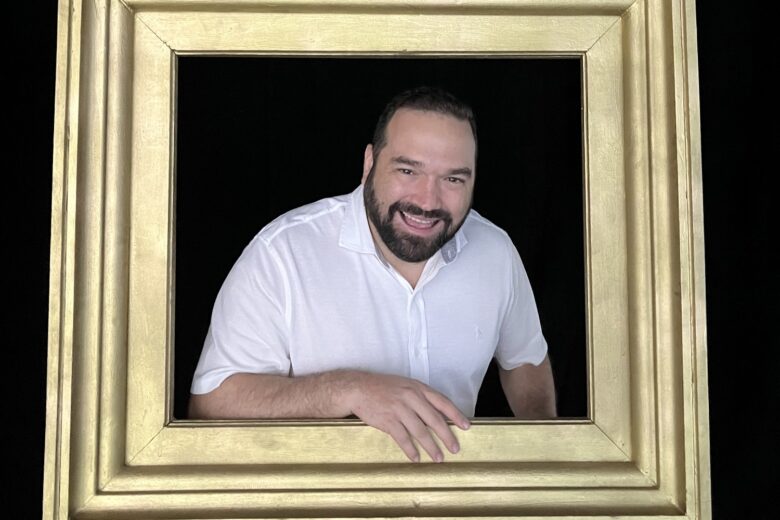Picture this: It’s 8 a.m. in New York, and Enzo Carpanetti is starting a video call with team members scattered across three continents. Someone in Chile is still having their morning coffee, the Berlin office just got back from lunch, and for the Beijing team, it’s already past dinner time. This isn’t just scheduling chaos—it’s the daily reality Carpanetti navigates as a Latin American executive steering multi-billion-dollar infrastructure investments from his base in NY.
What makes Carpanetti’s approach different? He doesn’t just manage across time zones—he’s figured out how to turn geographic sprawl into strategic advantage. Leading teams across the Americas, EMEA, and APAC markets while overseeing investments in energy, transport, digital infrastructure, and utilities, he’s learned that success comes from something most executives overlook: knowing when to shut up and observe.
“Early in my expat assignment, I felt pressure to deliver quick results,” Enzo Carpanetti reflects. The temptation was there—implement what worked before, push forward, show results. But he quickly discovered that strategies that killed it in one market could completely flop in another. His solution? Take a step back. Listen first. Understand why things work the way they do before trying to change them.
This philosophy extends beyond boardrooms into the minutiae of daily interactions. Carpanetti has discovered that using culturally appropriate phrases, rotating meeting schedules so no single region constantly gets the short end of the stick, and taking those brutal late-night calls himself rather than always delegating them—these small acts build the trust that makes global teams actually work.
The scale of work he describes is massive—according to Carpanetti, he oversees multi-billion-dollar portfolios for institutional investors and infrastructure projects that span entire regions. But what he really wants to talk about is something else entirely: empowering the people on his teams. “I want to help them shine brighter than me,” he says, articulating what he sees as his life purpose.
Technology helps bridge language gaps, sure. But Carpanetti has learned that fancy translation tools and collaboration platforms only go so far. What really matters? Mutual respect and genuine willingness to adapt. He’s seen firsthand how bringing together diverse perspectives doesn’t just check boxes—it generates solutions nobody saw coming.
His advice for new expat leaders cuts through typical corporate guidance: Start learning the culture before you even get on the plane. Once you land, resist the urge to immediately implement changes. Ask questions. Figure out the “why” behind existing practices. Only then can you propose meaningful improvements that people will actually embrace.
Managing strategic capital raising, operational oversight, and integration efforts across developed and emerging markets requires precision and forward-thinking. But Carpanetti has discovered that the real challenge isn’t technical—it’s human. How do you create genuine inclusion when your team spans 12 time zones? How do you foster innovation when cultural communication styles clash?
The answer, Carpanetti has discovered, isn’t fighting these differences—it’s using them. When someone in Santiago sees a problem differently than someone in Beijing, that’s not a communication breakdown. That’s exactly where the best solutions come from. The executives who get this, who genuinely adapt instead of just tolerating differences, are the ones who actually succeed globally. Everyone else is just scheduling meetings across time zones.
Connect with Enzo Carpanetti on LinkedIn.












